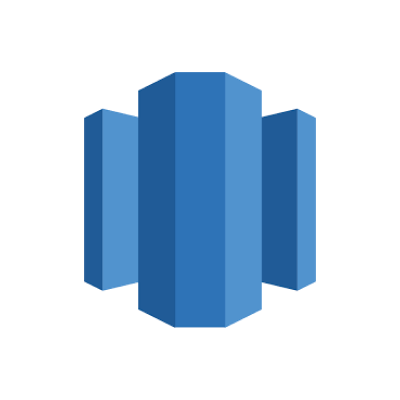Compare - Databricks VS informatica
Here’s the difference between Databricks and informatica. The comparison is based on pricing, deployment, business model, and other important factors.
About Databricks
Databricks provides a data lakehouse that unifies your data warehousing and AI use cases on a single platform. With Databricks, you can implement a common approach to data governance across all data types and assets, and execute all of your workloads across data engineering, data warehousing, data streaming, data science, and machine learning on a single copy of the data. Built on open source and open standards, with hundreds of active partnerships, Databricks easily integrates with your modern data stack. Additionally, Databricks uses an open standards approach to data sharing to eliminate ecosystem restrictions. Finally, Databricks provides a consistent data platform across clouds to reduce the friction of multicloud environments. Today, Databricks has over 7000 customers, including Amgen, Walmart, Disney, HSBC, Shell, Grab, and Instacart.
About informatica
Informatica offers AI-based enterprise data integration and management software. It has products for information lifecycle management, data exchange, cloud data integration, complex event processing, data masking, data quality, data replication, data virtualization, master data management, etc. It provides multi-domain master data management solutions with data integration, data quality, and business process management capabilities embedded in the software. The clients of the company include AARP, Adventist, addivant, ACH, etc.
Comparison Table
| Overview | ||
|---|---|---|
| Categories | Data Warehouses, Data Lakes | Data Cataloging, ETL Tools |
| Stage | Late Stage | Late Stage |
| Target Segment | Enterprise, Mid size | Enterprise |
| Deployment | SaaS | SaaS |
| Business Model | Commercial | Commercial |
| Pricing | Freemium, Contact Sales | Free trial |
| Location | San Francisco, US | California, US |
| Companies using it | ||
| Contact info |
Add to compare
